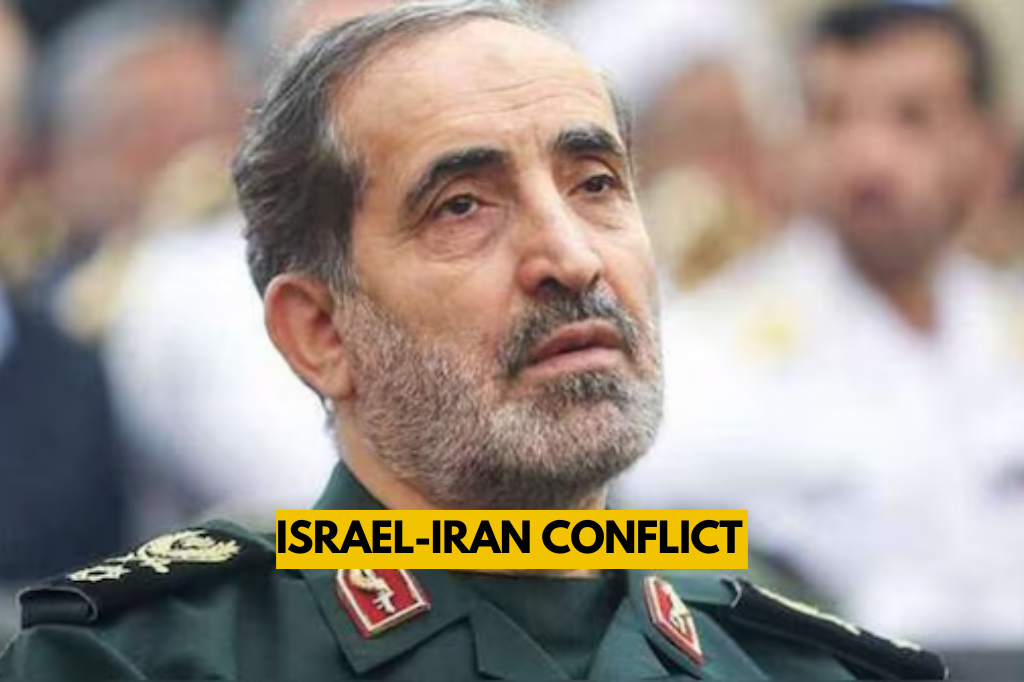Israel eliminates Iran’s war chief Ali Shadmani in Tehran airstrike, disrupting regime’s top command just days after predecessor’s death.
In a major escalation of the covert conflict between Israel and Iran, the Israel Defense Forces (IDF) have killed Major General Ali Shadmani, Iran’s newly appointed War-Time Chief of Staff, in a targeted airstrike on a key military command facility in Tehran.
The strike, carried out overnight on Tuesday, June 17, hit the ‘Khatam al-Anbiya’ emergency command centre – the strategic hub overseeing Iran’s military operations and coordination across both the regular army and the Islamic Revolutionary Guard Corps (IRGC). According to Israeli military, the operation was based on real-time intelligence from the IDF Intelligence Directorate, which identified a rare opportunity to strike the command post while fully staffed.
Shadmani, one of Iran’s highest-ranking military leaders and considered a close military aide to Supreme Leader Ayatollah Ali Khamenei, had only recently assumed the role of War-Time Chief of Staff following the death of his predecessor, General Alaa Ali Rashid. Rashid was reportedly killed in the early stages of Israel’s ongoing ‘Operation Rising Lion,’ which has seen a series of high-level Iranian military figures targeted.
Prior to his promotion, Shadmani had served as Deputy Commander of Khatam al-Anbiya and Head of the Operations Directorate of Iran’s Armed Forces General Staff – roles that placed him at the center of strategic planning and operational command. His assassination is expected to cause significant disruption to Iran’s military chain of command and operational readiness.
This marks the second targeted killing of Iran’s top military leadership in recent weeks, highlighting what observers describe as an intensifying Israeli campaign aimed at dismantling the core of Iran’s war command amid growing concerns over Tehran’s nuclear program and regional military activities.
Neither Iranian officials nor state media have yet confirmed Shadmani’s death. However, analysts say the loss is likely to prompt a re-evaluation of command protocols within Iran’s armed forces and may provoke retaliatory responses from Tehran or its regional proxies.







